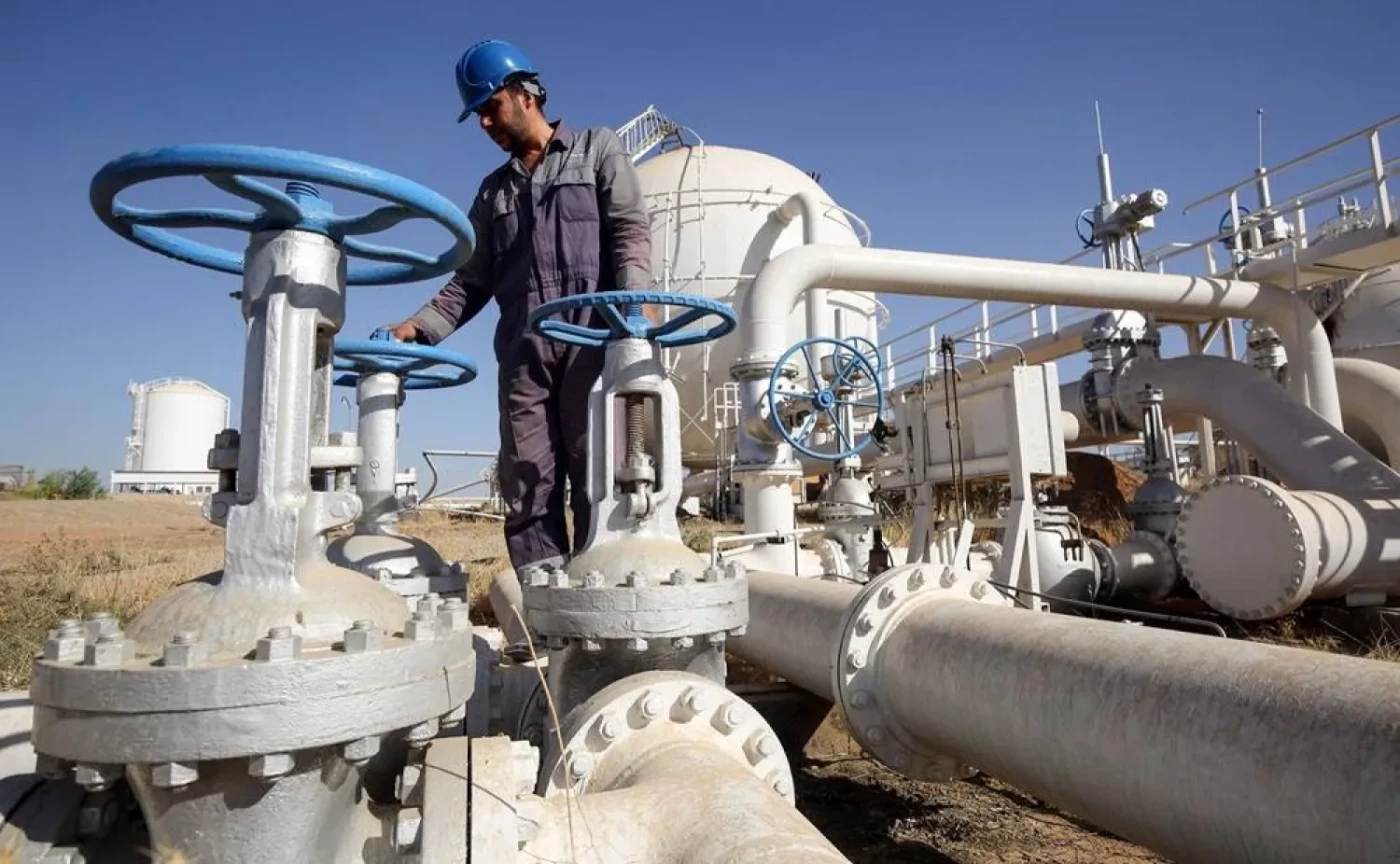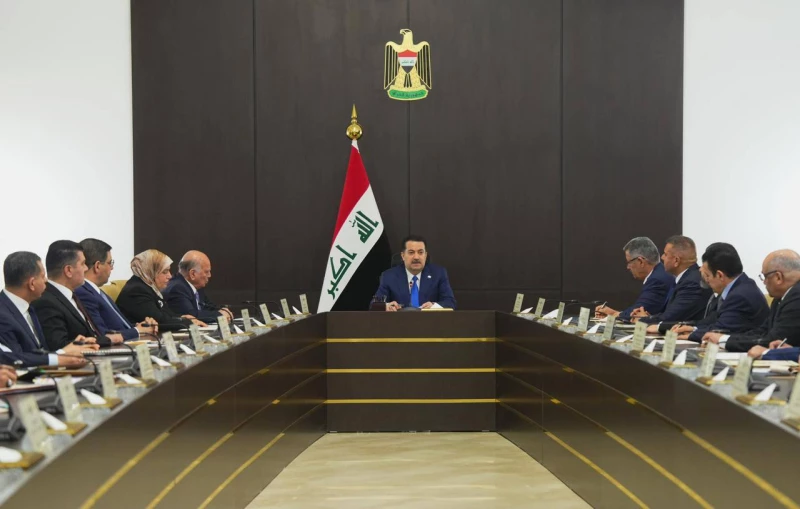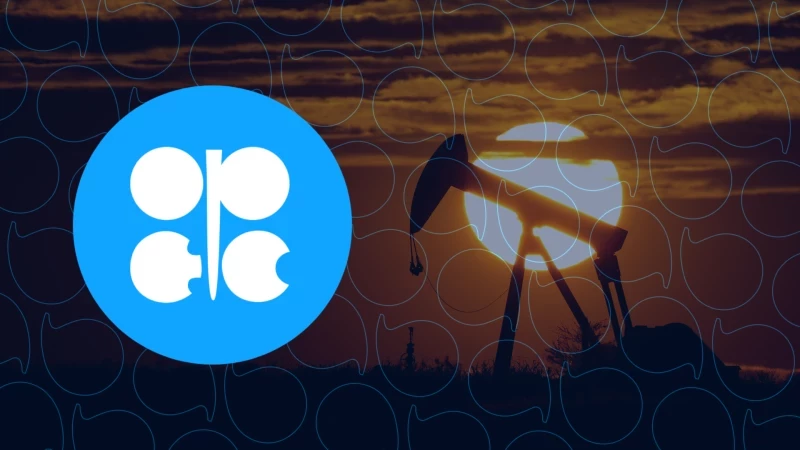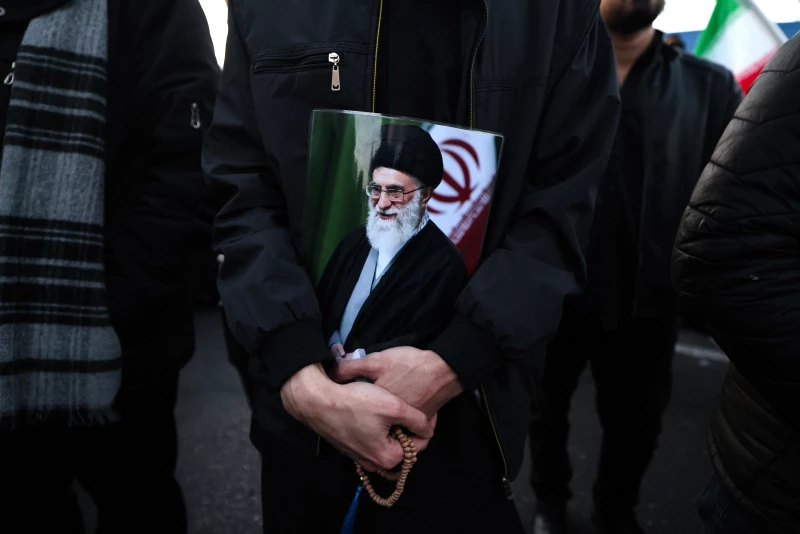ERBIL, Kurdistan Region of Iraq - An Iraqi oil and energy expert said Saturday there is no economic feasibility in rebuilding the long-suspended Kirkuk-Baniyas oil pipeline linking Iraq and Syria.
Nabil al-Marsoumi told The New Region that “there is no economic feasibility in rebuilding the Iraqi-Syrian oil pipeline in the coming period, especially since the line connects the Kirkuk field to Baniyas.” He explained that most production from Kirkuk fields, about 300,000 barrels per day, is consumed domestically. Even if BP develops the fields further, Marsoumi said, the production increase would not exceed 112,000 barrels per day.
“This would lead to a significant increase in transportation costs and transit fees,” Marsoumi said. “That’s precisely why the pipeline has been out of service for a long time. Iraq does not want to raise the issue for discussion, and there is no final decision regarding the pipeline’s reactivation in the near future.”
He added that Iraq must prioritize its own economic interests over those of other countries, warning that some decisions may cause financial and economic harm rather than benefit.
On Friday, a high-level Iraqi delegation led by head of Iraq's National Intelligence Service Hamid al-Shatri traveled to Damascus for an official visit. During the trip, the Iraqi delegation met with Syria’s President Ahmed al-Sharaa to discuss expanding security and economic cooperation between the two countries.
Shatri handed Sharaa an official invitation to attend the Baghdad Conference scheduled to be held in May, according to Iraq’s official news agency. A source, who spoke on condition of anonymity, said discussions also addressed cooperation in combating terrorism, strengthening border security against potential breaches, expanding trade exchange, and examining the possibility of rehabilitating the Kirkuk-Baniyas pipeline to transport oil through Syria to Mediterranean ports.
In December, Iraqi government spokesperson Bassem al-Awadi unveiled a roadmap consisting of 11 tracks for Iraq’s engagement with post-Assad Syria, highlighting “ambitious Iraqi investment plans between Damascus and Baghdad.”
Awadi said Iraq is considering reviving the Kirkuk-Baniyas oil export pipeline as part of its effort to find new outlets to ship oil abroad. Baniyas would provide Iraq with its first Mediterranean outlet.
Member of Parliament Sabah Sobhi, a member of the Oil and Gas Committee, previously told The New Region that reviving the Kirkuk-Baniyas pipeline would not happen quickly.
“This project cannot be accomplished in a short period. It needs years,” Sobhi said. "The pipeline is destroyed and requires extensive rehabilitation and fundamental repairs. It is not easy to speak of reactivation without spending millions and waiting for years."
Estimates suggest that restoring the pipeline would cost more than $8 billion, according to a senior source in the Iraqi Oil Ministry. The pipeline’s export capacity would be around 700,000 barrels per day.
The source, who requested anonymity, said the Kirkuk-Baniyas pipeline would offer a vital outlet on the Mediterranean Sea, boosting Iraq’s export capacity and reducing dependence on current, more expensive routes. However, he emphasized that progress depends on improved political and security conditions in Syria, as well as agreements ensuring the stability of future pipeline operations.
Meanwhile, experts say regional and political factors continue to impede economic and strategic cooperation between Baghdad and Damascus.
Mohammed Hawrami, a specialist in oil and energy, previously told The New Region that although the Kirkuk-Baniyas pipeline could significantly benefit Iraq by providing Mediterranean access, “major regional powers do not favor its activation,” similar to other strategic energy projects that have remained stalled at the announcement stage without actual implementation.



 Facebook
Facebook
 LinkedIn
LinkedIn
 Telegram
Telegram
 X
X


